South Korea has returned six North Koreans who accidentally crossed into its waters earlier this year, marking the first such repatriation under new president Lee Jae-myung. The group had expressed a desire to return home, Seoul’s Ministry of Unification said on Wednesday (July 9).
The handover took place at sea, with North Korean patrol vessels and fishing boats seen at the transfer point in the early morning. While Pyongyang did not formally acknowledge the return, some observers believe a “behind the scenes” agreement was struck between the two sides.
“If you set a boat adrift in the vast ocean without any co-ordination, there’s a real risk it could drift away again,” said Nam Sung-wook, former head of the Korea National Strategy Institute. He added that the six would likely be subjected to extensive interrogations by North Korean authorities to determine whether they “received any espionage training or overheard anything sensitive”, BBC reported.
Four of the six were sailors who had drifted over the disputed maritime boundary came in May. The other two entered southern waters in March and remained for four months, the longest known stay for any non-defectors in the South.
This repatriation comes as inter-Korean communication channels remain almost entirely severed. In April 2023, Pyongyang cut all official lines. Eight months later, North Korean leader Kim Jong Un declared that unification was no longer possible. The only known routes for contact now are through the US-led United Nations Command and media reports.
Seoul said it had tried to notify the North twice through the UN Command but received no response.
Disputed repatriation
While official channels remain closed, the reappearance of North Korean vessels at the repatriation site suggests that some level of communication may still be occurring. “Pyongyang certainly did not trust the Yoon remnants in South Korea,” said Michael Madden of the Stimson Center in Washington. He added that both sides may have been wary of being accused of an “unlawful repatriation out of political expedience by the international community”.
Quick Reads
View AllThe incident occurred while South Korea was under interim leadership following the impeachment of former president Yoon Suk Yeol. It was only after Lee took office in June that the return process moved forward.
Activists and defectors in the South have expressed concern over the decision. “They should have been given a chance to talk to defectors and learn more about South Korean society,” said Lee Min-bok, a defector and campaigner who is known for floating anti-Kim leaflets into the North. “If I’d had the chance to speak with them, I would have told them the truth [about inter-Korean history] and warned them that they could eventually face punishment from the North Korean regime.”
Lee also warned that the new administration’s conciliatory approach may lead to tighter restrictions on activists. South Korea’s National Assembly is currently debating legislation that would ban balloon launches of propaganda across the border.
Cautious diplomacy
Since taking office, President Lee has made clear his desire to re-engage with Pyongyang. A week into his presidency, the South suspended its loudspeaker broadcasts across the border in what it called an attempt to “restore trust in inter-Korean relations and achieve peace on the Korean Peninsula”.
Despite these moves, analysts are sceptical about the chances for a thaw in relations. Celeste Arrington, director of the Institute for Korean Studies at George Washington University, said North Korea’s growing military and economic partnership with Russia meant it had “little need” to engage with Seoul.
“Thus, there are few signals, if any, of North Korea wanting to re-establish lines of communication with the South, let alone a desire for meaningful warming of relations,” she said.
South Korean public opinion also remains cautious, with limited enthusiasm for renewed engagement. For now, efforts to rebuild trust between the two Koreas appear to be met with silence.


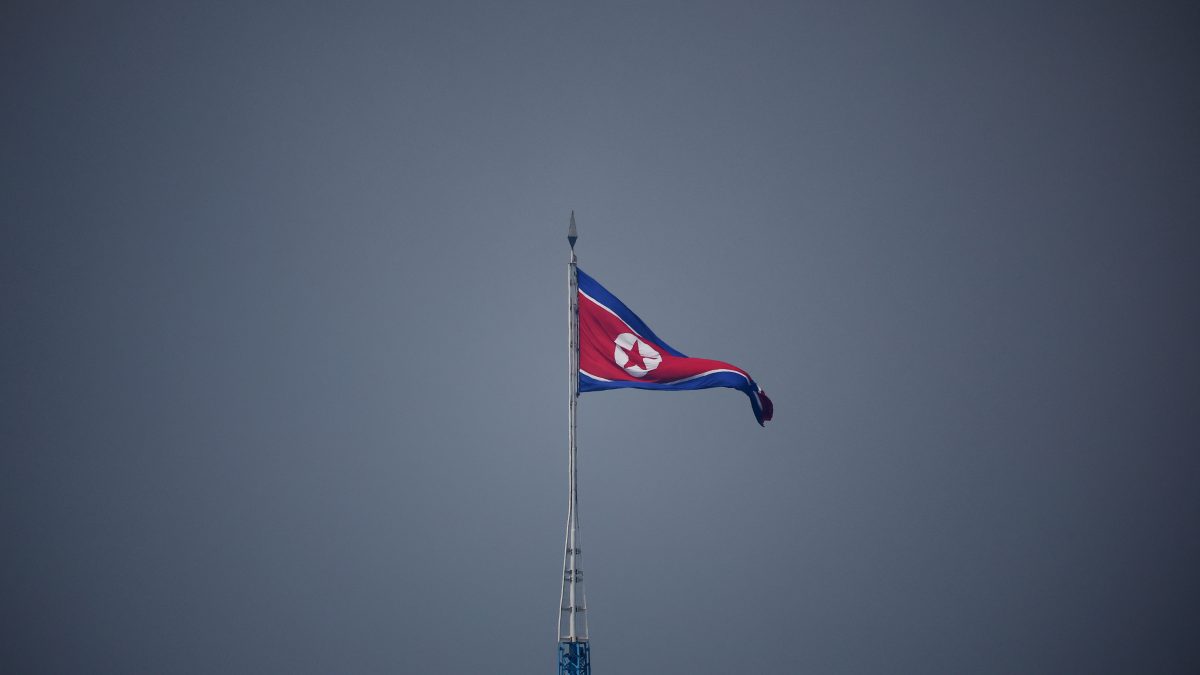)
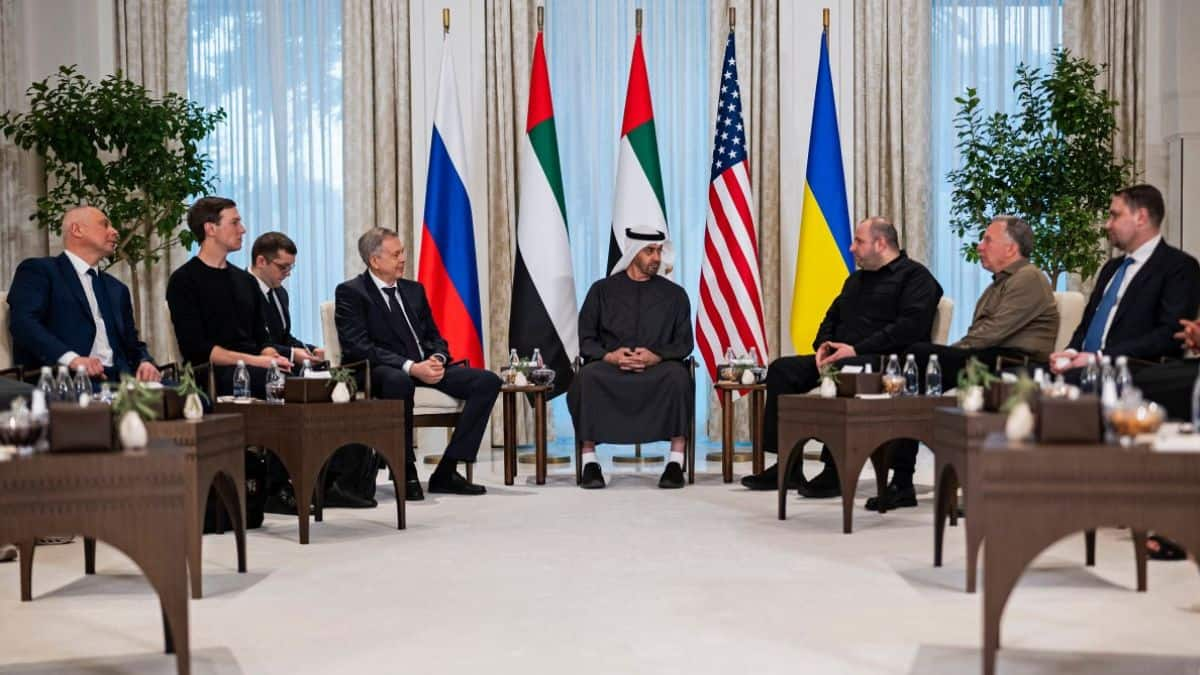
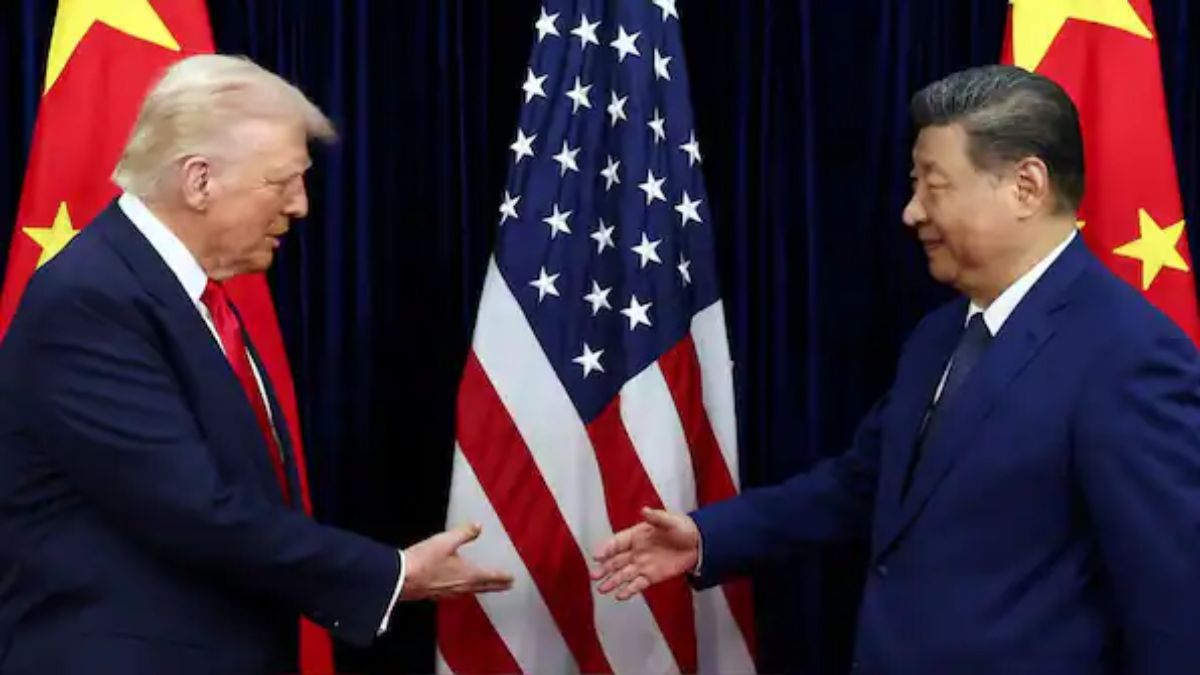)
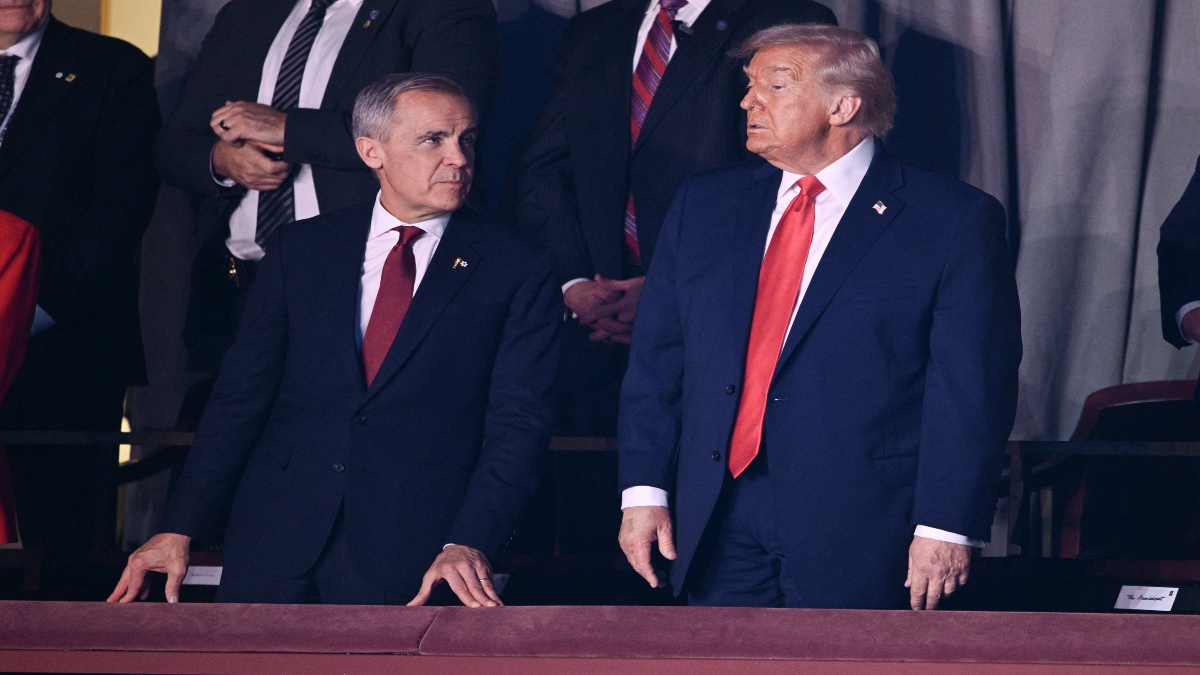)
)
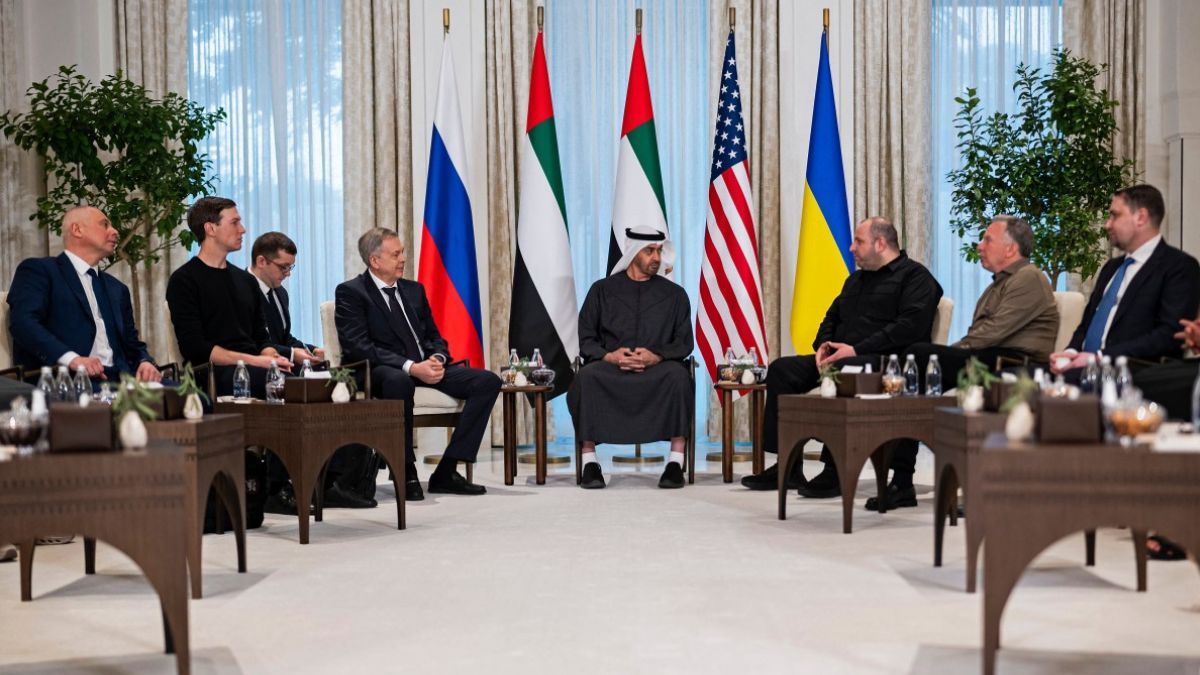)
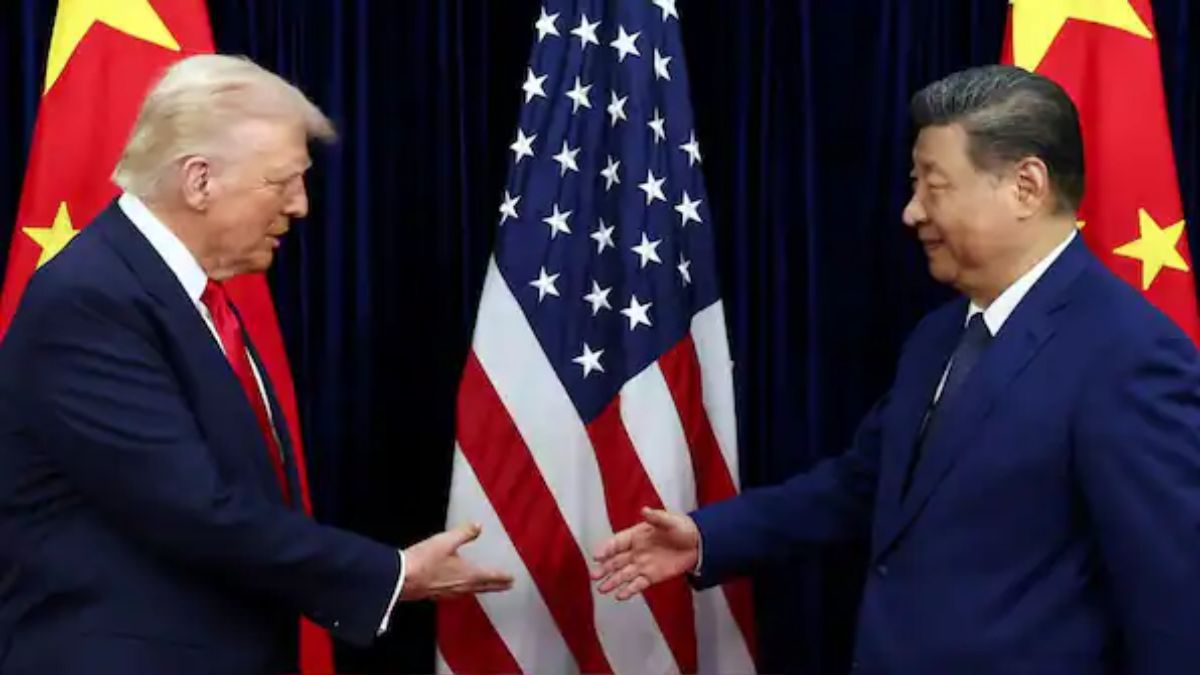)
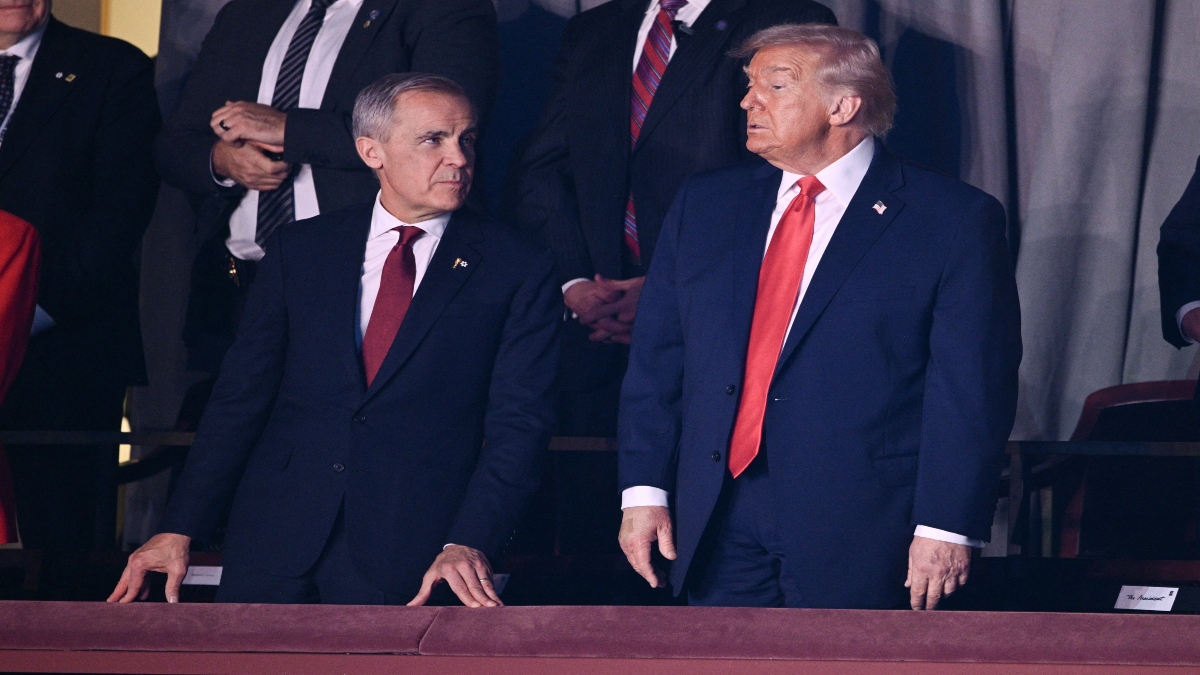)
)
)



